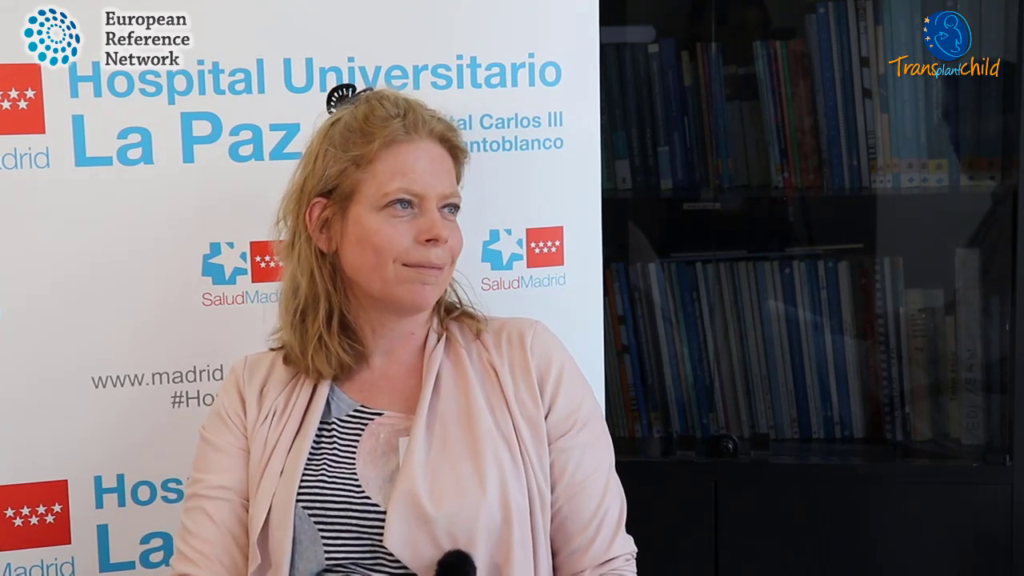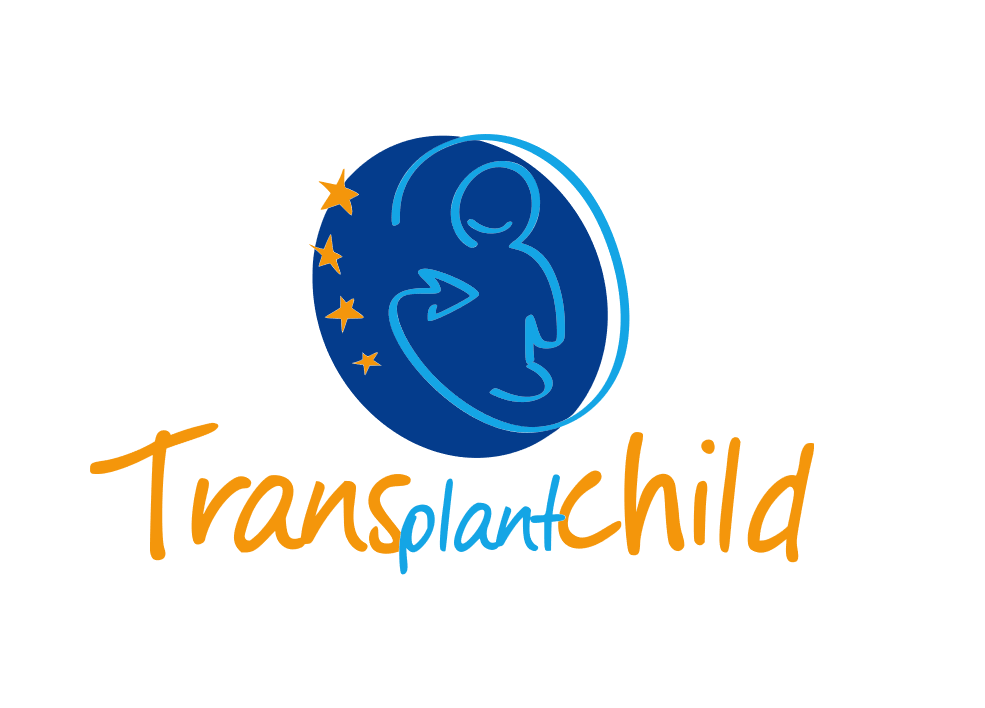
Researchers may have found a way to prevent intestinal damage during stem cell transplantation. Donor stem cells can damage the intestinal membrane of children in a life-threatening way. As stated by Dr Caroline Lindemans, from the Prinses Máxima Centrum (Utrecht) and TransplantChild member: “By administering ruxolitinib early in the treatment, we may be able to protect the intestinal mucosa”.
Caroline Lindemans, a stem cell transplant doctor at the Princess Máxima Center, investigated how the T cells damage the intestinal mucosa. “The T cells in the donor bone marrow secrete a substance that damages and even destroys intestinal stem cells, causing long-term damage to the intestine. If this happens we will treat it with more anti-immune drugs such as Prednisone. “But the treatments we give now to inhibit T cells do not work well enough. Too many children still die from Graft-versus-Host Disease (GvHD).”
“The death of a child from GvHD is terrible,” says Dr Lindemans. “The intestinal damage causes very serious diarrhoea, making the child more and weaker,” says Lindemans. “It is also inconceivable for parents that, after finally getting cancer under control in their child, they can also be bitten by another dog.”
The findings were published in the journal Science Immunology. The project was conducted at the Child Health and Regenerative Medicine department at UMC Utrecht and at the Memorial Sloan Kettering Cancer Center. “We must now investigate whether it also works with children with GvHD”, says Dr Lindemans. “We hope to start a clinical study to find out.”

